Are you feeling burned out? You’re far from alone. In this helpful book, Paula Davis, an expert on burnout, presents the causes of work-related stress and discusses how to mitigate its damage. Organizations and individuals can reduce burnout, she argues, by making minor adjustments to their mind-sets, schedules and workflows. Davis suggests assessing what’s important to you and analyzing your schedule. If you spend less than 20% of your day on tasks you’re passionate about, you’re vulnerable to burnout. By adjusting your daily to-do list, however, you can immunize yourself against exhaustion.
Burnout is epidemic.
The military coined the acronym VUCA – volatile, uncertain, complex, ambiguous – to describe the nerve-jangling fog of war. Civilians also struggle to adapt to a world of unceasing change and ever-increasing demands. Burnout hits workers in all sectors, including finance and technology. In the case of physicians, burnout threatens the health of not only the doctor suffering from work fatigue, but his or her patients, too. Burned-out doctors are more likely to commit medical errors.
Three symptoms characterize burnout:
- Extreme fatigue – Chronic work stress can leave you exhausted, physically and emotionally. Physical manifestations often include headaches, insomnia and chronic pain. Psychological symptoms might include anxiety and depression.
- A jaded outlook – Burnout victims become more cynical and less empathetic. Colleagues and customers become a source of annoyance rather than inspiration. Irritability, absenteeism and a fear of interacting with others are telltale signs of burnout.
- Defeatism – Burnout kills passion and drive, leaving sufferers with a sense...
Paula Davis, who contributes to Forbes, Fast Company and Psychology Today, is founder and CEO of the Stress & Resilience Institute.










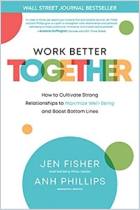
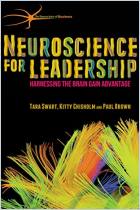
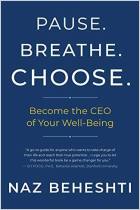
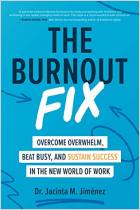
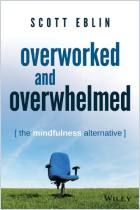
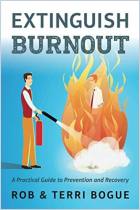



Comment on this summary or 开始讨论